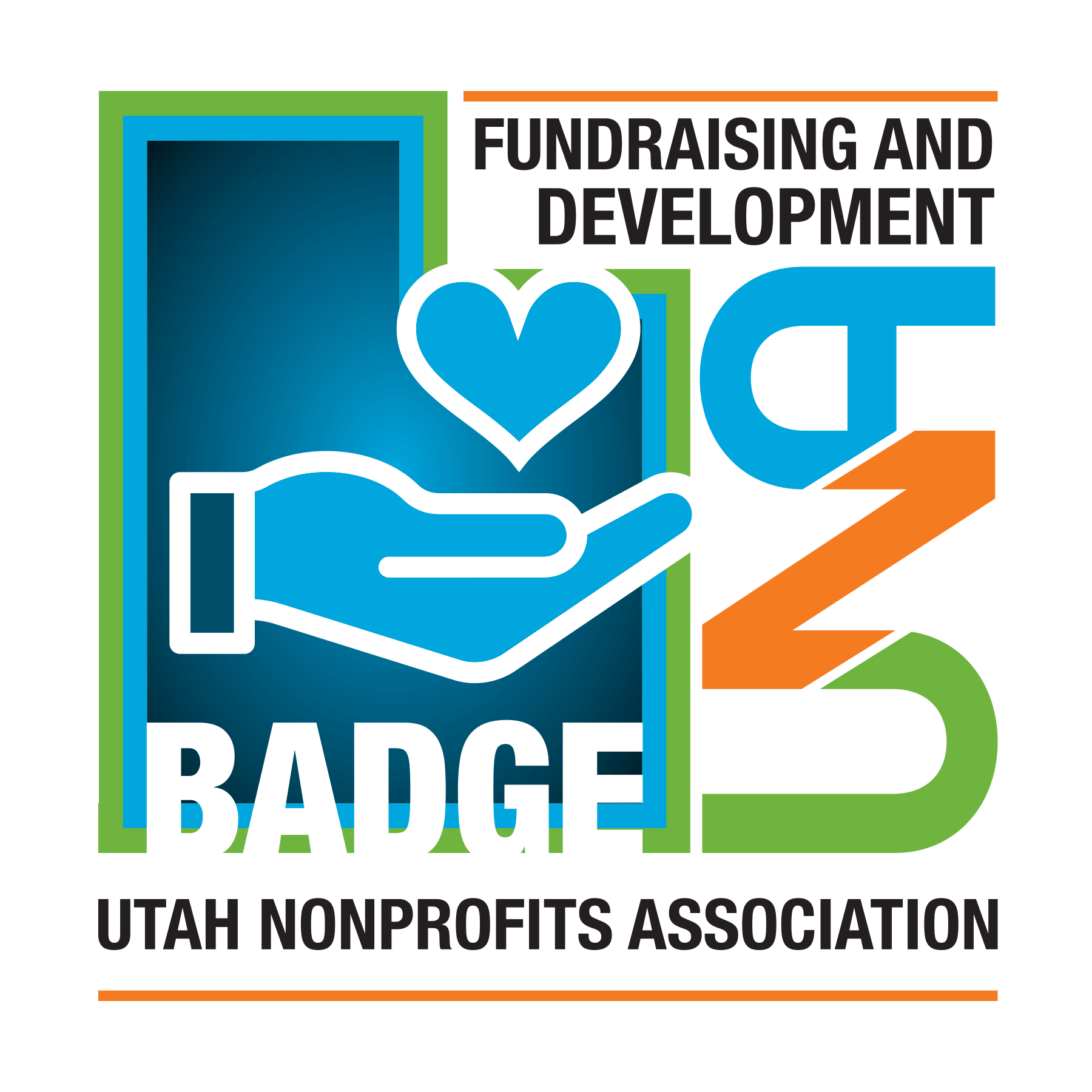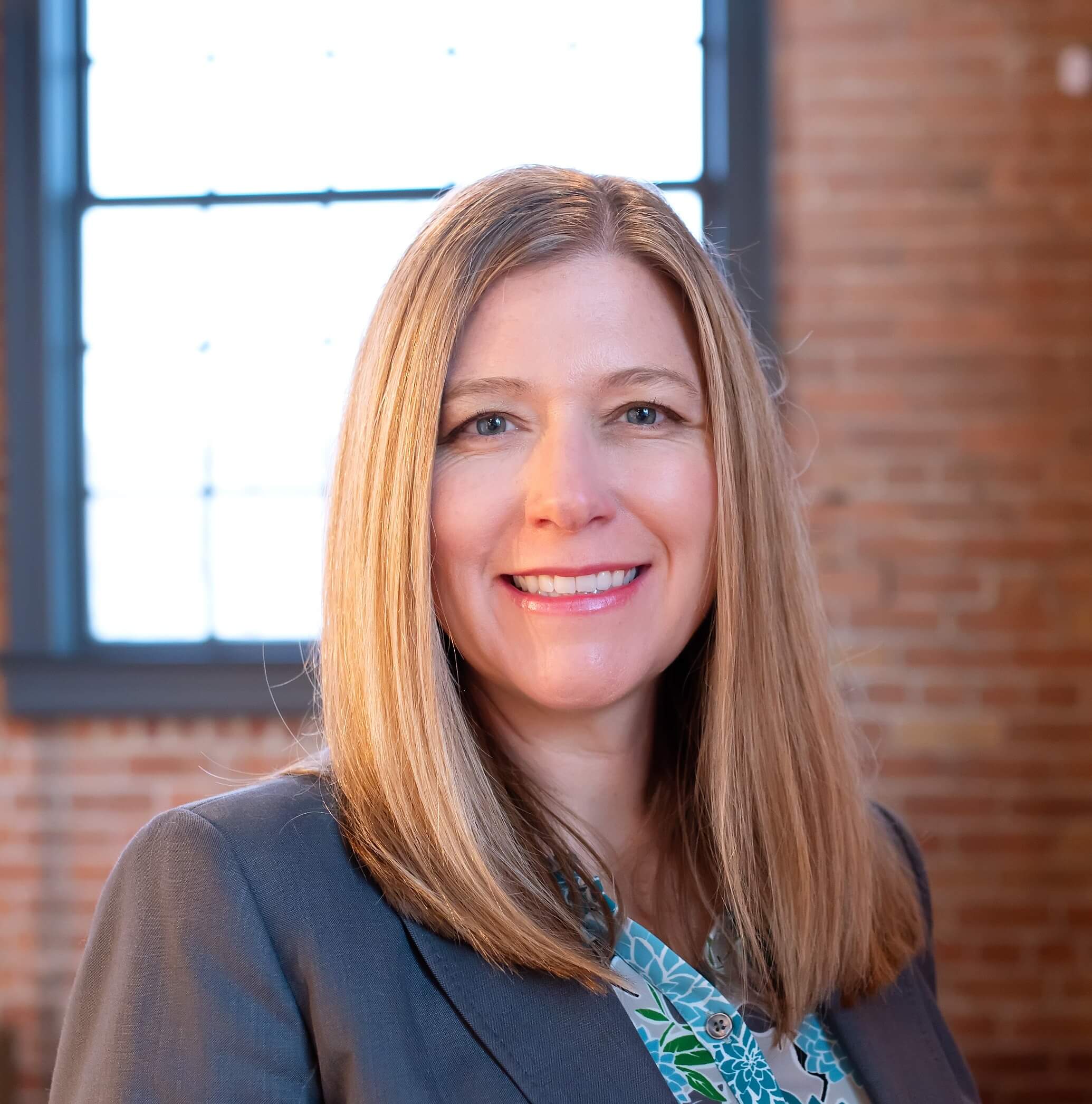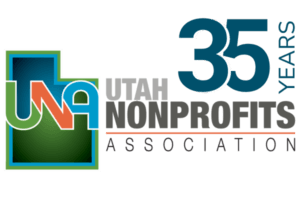
Strategic Fund Development: Connection, Capacity, and Creativity
You know that successful, sustainable fund development is about more than just securing dollars. It’s about keeping your fundraising purposeful, aligned with your mission, and built to last. Have you ever struggled with prioritizing opportunities, knowing which funding sources to pursue, measuring progress, or engaging the right people in ways that truly support your goals?
The Nonprofit Credential in Fundraising and Development, led by fundraising expert Amberlie Phillips, gives you the strategies, tools, and confidence to make thoughtful, mission-focused fundraising decisions. This course emphasizes ethical practices, strategic planning, and meaningful relationship-building so your organization can grow effectively while staying true to its purpose.
What you’ll learn:
- How to apply industry best practices and build trust through ethical and transparent fundraising approaches.
- Develop a balanced funding portfolio (including multiple funding sources) to strengthen your organization's financial resilience.
- Master goal setting, planning, and evaluation techniques to ensure effective use of resources.
- Engage stakeholders strategically to advance your mission.
Upon completion, your organization will earn the Nonprofit Credential Fundraising and Development Badge, a mark of excellence to share with your network and show the world you’re serious about making an impact.
Fundraising and Development will be held on February 18 and 19, 2026.*
Each of the nine UNA Credential courses is offered online, once in a calendar year.
Please check the UNA Event Calendar for all upcoming courses.
Cost:
UNA Member Rate: $180 for the first person/$40 for each additional participant
Not-Yet-Member Rate: $360 for the first person/$80 for each additional participant
*Dates are subject to change up to 30 days prior to the first session.
Fundraising and Development Badge Requirements
In order to receive the Nonprofit Credential Badge in Fundraising and Development, the organization must submit the following items for review and approval by the Subject Matter Expert.
Ethics Policy
Provide the portion of your organization’s ethics policy that relates to resource development. Include revision or version date.
Ethics Training
Document proof of ongoing ethics training. A training calendar, sample of recent ethics training, document outlining how ethics trainings occur in the organization, or similar documentation will satisfy this requirement.
Gift Acceptance Policy
Provide a copy of your gift acceptance policy. Include revision or version date.
Donor Bill of Rights
Provide a copy of your organization’s Donor Bill of Rights (or similar document) provided by your organization to its donors which designates their rights as donors.
Donor Cycle
Document how you track where your organization is at with donors in each of the Donor Cycle stages (identifying, cultivating, soliciting, reporting). Your documentation will answer these questions: How do you track potential donors? How do you track donors from whom you are cultivating relationships and who is doing the cultivating? How do you track the donors to whom you have solicited donations? How do you track donor reporting deadlines and what needs to be reported?
Relationship Management Documentation
Document how you track your current and prospective donor relationships. Your documentation will answer these questions: How do you track prospective donors? How do you assign and track activities throughout the donor cycle, from identification to stewardship?
Resource Development Planning and Goals
Document your organization's long- and short-term resource development goals and methods of assessing progress towards those goals. Examples of this may include a strategic resource development plan, a list of organizational priorities, a matrix citing goals and deliverables, a performance dashboard, or similar documentation.
Funding: Portfolio Diversification
Document ways in which you have diversified your funding portfolio.
Target Donor Profiles
Provide two to three target donor profiles outlining specific characteristics of a community your organization is focused on building relationships with, why they are an appropriate community for your organization to focus on, and what strategies you are deploying.
Internal Coordination
Document the ways in which your organization coordinates resource development efforts with financial management and marketing and communication strategies.
Role Descriptions
Provide a copy or template of your organization’s resource management role descriptions. Where applicable, provide separate role descriptions for staff, volunteers, and/or board members.
NOTE: The documentation of the requested requirements does not need to be lengthy. Clear, concise statements on how the organization meets badging goals are sufficient. In most cases, three or four sentences should suffice.

Subject Matter Expert: Amberlie Phillips
Amberlie Phillips, MPA, a Pathway Partner, brings over twenty-three years of nonprofit fundraising experience to the Pathway team and is an expert in annual fundraising efforts and capital campaigns. She believes that authentic connection and creativity are the keys to fundraising abundance, and her work is characterized by a comprehensive approach to development that includes marketing and communications, major gifts, special events, volunteer and community engagement, and digital fundraising.
Amberlie led the development programs at both YWCA Utah and the Utah Food Bank to record-breaking fundraising success. She began her development career with Ballet West, where she spent five years working in all areas of the company’s development program. She then moved to work at the Utah Food Bank and spent time raising major gifts for San Diego State University. Her work at the YWCA earned her the Outstanding Development Officer award from the Utah Society of Fund Raisers (now AFP Utah).
Amberlie holds a Master of Public Administration (MPA) from the University of Utah and was the first Utahn selected for the prestigious Allstate Greater Good Nonprofit Leaders program through Northwestern University, a yearlong experience featuring training in nonprofit governance and management. She is also a graduate of the Goldman Sachs 10,000 Small Businesses program and represented World YWCA and YWCA USA at United Nations Commission on the Status of Women. She currently teaches “Nonprofit Consulting” to MBA students in the University of Utah’s David Eccles School of Business and MPA students in the School of Public Affairs.
